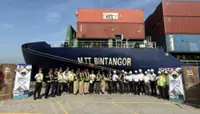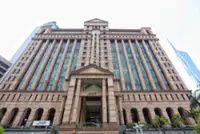PETALING JAYA: The ongoing Red Sea crisis is expected to have minimal impact on Malaysia compared to countries in Europe, as they tend to rely heavily on Asian exports, thus bearing the brunt of the shipping costs.
Maybank Investment Bank Bhd (Maybank IB) said local exporters here are likely to face lesser disruption, with moderate freight cost increases.





